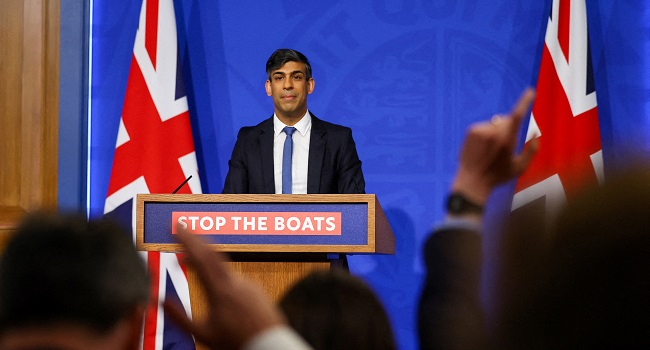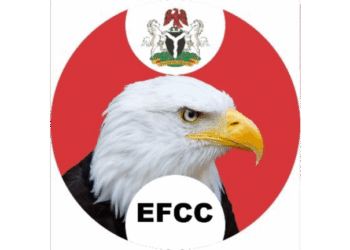By Abubakar Yunusa
Heads of the UN High Commissioner for Refugees (UNHCR) on Tuesday called on Britain to reconsider its new law facilitating the deportation of asylum seekers to Rwanda.
The bill passed on Monday significantly restricted the possibility of resisting deportation even if migrants were exposed to risks in the process.
UNHCR head Filippo Grandi and the High Commissioner for Human Rights, Volker Türk, said in Geneva.
Moreover, people’s specific individual circumstances may not be adequately examined before deportation contrary to international humanitarian law, they noted.
“By shifting responsibility for refugees, reducing the UK’s courts’ ability to scrutinise removal decisions, restricting access to legal remedies in the UK.
“And also limiting the scope of domestic and international human rights protections for a specific group of people.
“This new legislation seriously hinders the rule of law in the UK and sets a perilous precedent globally,’’ said Türk.
It is particularly worrying that the law allows the government to ignore decisions of the European Court of Human Rights, according to their statement.
The British House of Lords, as the second chamber of Parliament, approved the bill on Tuesday night after prolonged opposition.
In doing so, the UK declared the East African country a safe third country, which enables the deportation there of asylum seekers.
The law is intended to deter people from making the dangerous journey to Britain across the English Channel in small dinghies and also destroy the business model of people smugglers.











